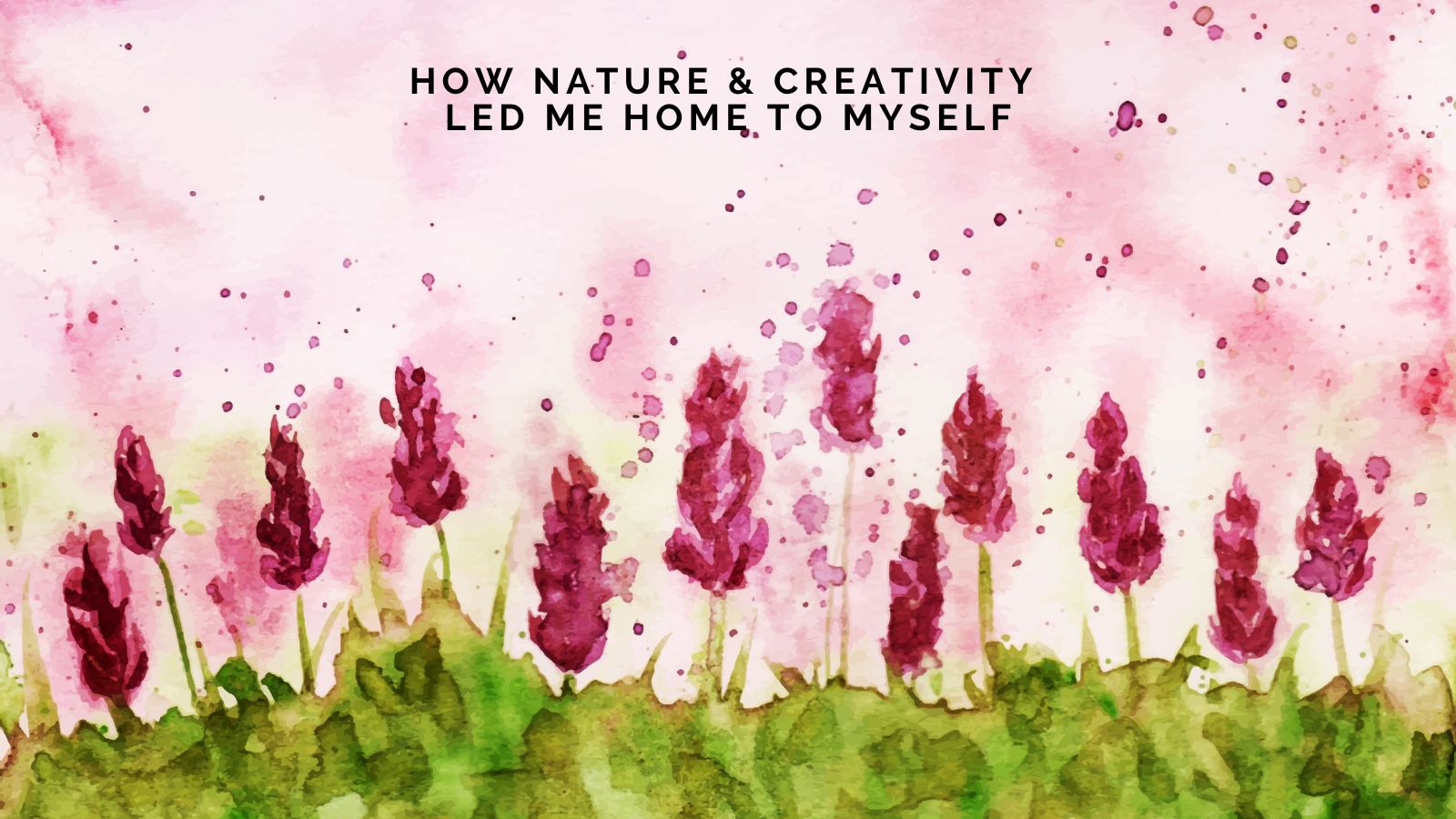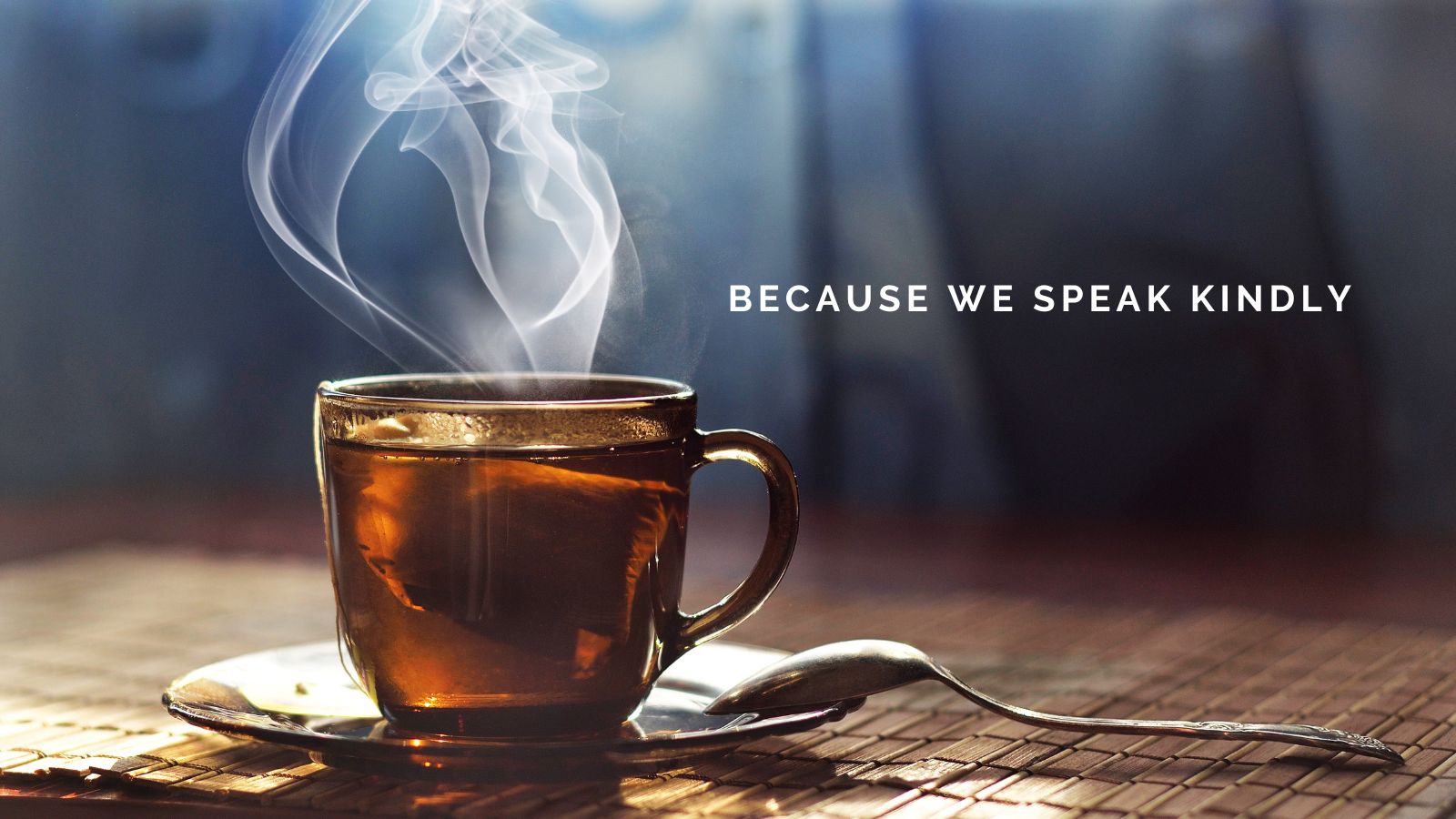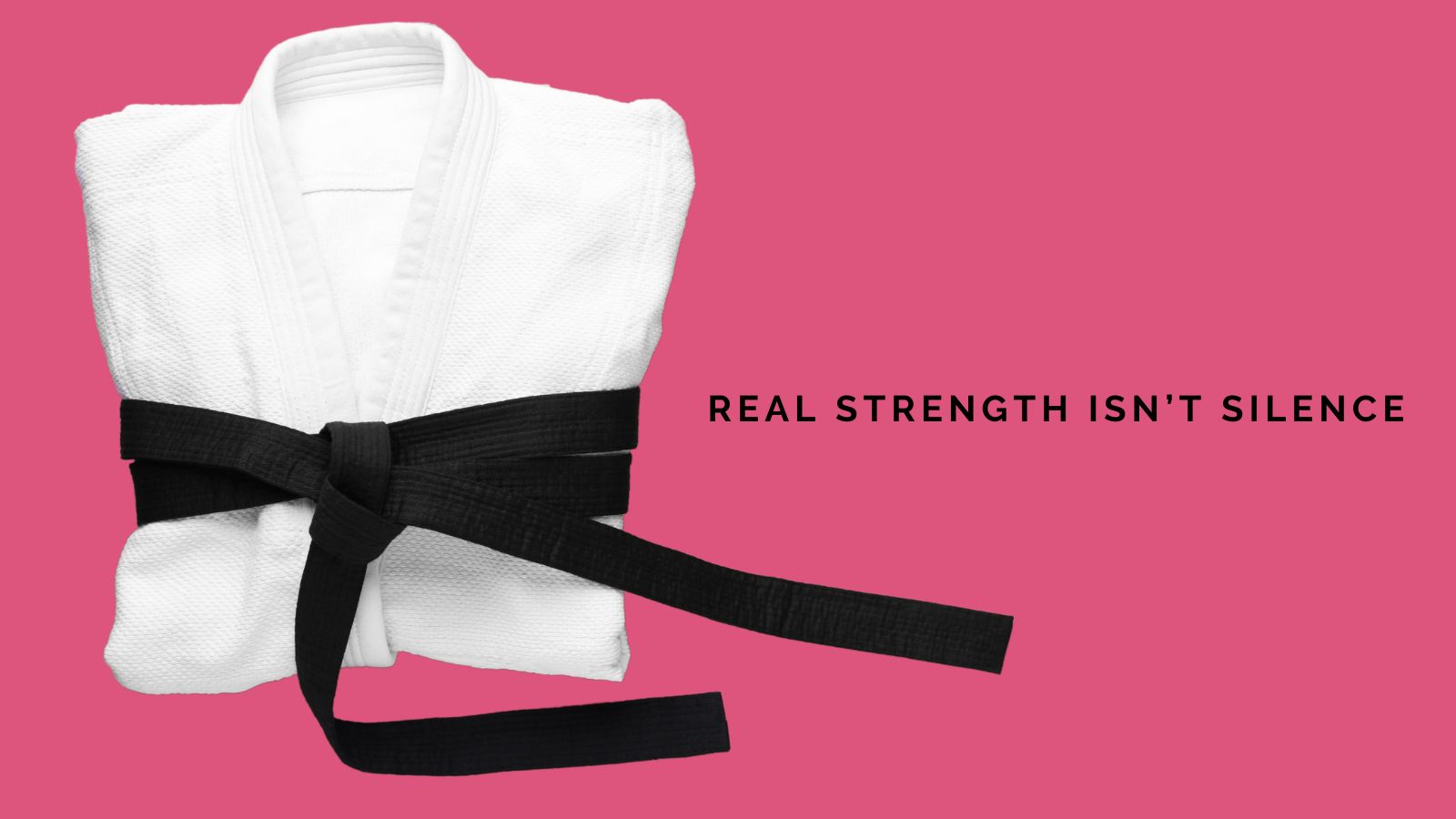
Redefining Self-Defence, Boundaries, and Worth
For most of my life, I thought being strong meant staying quiet. I believed that enduring abuse without complaint—keeping on, giving, and putting others first—was what made me a good woman. I was taught that being a wife, mother, and friend meant showing up for everyone, but not expecting the same in return. I wore silence like armour, thinking it would protect me. Instead, it buried me.
It took over two decades to understand that real strength comes from knowing your worth, reclaiming your voice, and setting boundaries—not from tolerating pain in the name of love or loyalty. True power, I’ve learned, begins with giving yourself permission to be whole.
As a girl and martial artist, I was praised for my drive, confidence, and grit—until I reached puberty. Then those traits stopped being admired. They were criticised, shamed, and called “unfeminine.” I was told to be soft. Quiet. Easy to get along with.
“You’ll never get a date if you can beat up a boy, Elicia.”
“Stop showing off.”
“Don’t cause a scene.”
My dreams—to own a martial arts school, to compete nationally—were mocked. When I spoke up about unfairness, I was told I was too emotional. I was punished for showing anger in sparring, while boys were praised for the same. I saw male colleagues with less experience and lower rank earn more, get promoted over me, and be celebrated for doing less. I was told to look good, sell contracts, and stay in my lane.
Behind closed doors, it was worse. In my early martial arts career, I experienced emotional, physical, and sexual abuse—often from men in leadership who claimed to care. Some demanded loyalty in exchange for control over my career, education, finances, and relationships. Others expected sex as the unspoken price of “support.” I had no words for it then. I just knew speaking up wasn’t safe. I wasn’t taught boundaries. I was taught to serve. To be loyal. To put others first, even at the cost of my own safety and self.
Everything changed when I became a mother. The triggers were sudden—memories I had buried, instincts I couldn’t ignore. For the first time, I looked at my life through my child’s eyes. I asked myself: Who do I want to be? What kind of woman do I want my child to see?
That was the turning point. I sought therapy—trauma-informed EMDR—and began to untangle years of harm. I walked away from toxic people and systems that demanded silence. I found people who saw my worth when I had forgotten it. During this rebuilding, I redefined what self-defence really meant.
When people hear “women’s self-defence,” they often picture MMA fighters, pepper spray, or weapons. But self-defence is much more than that. It’s a full-body, full-soul return to self.
Self-defence includes: Trusting your gut. Noticing red flags early. Understanding manipulation, power plays, and coercive words. Being aware—especially in relationships and workplaces. Leaving before things turn violent.
Many women are taught to feel ashamed for leaving, dramatic for setting boundaries, or “difficult” for expressing needs. We’ve been raised to seek approval instead of safety. To be agreeable, not assertive.
But strength isn’t about how much we can take. It’s about what we stop accepting. Real self-defence starts long before a fight. It begins with deciding to take up space. To say “no” when you’ve been taught to say “yes.” To choose self-respect over self-sacrifice.
My goal now is to shift how we view self-defence—not as a last resort, but as a daily mindset of safety and choice. I want women to know that physical techniques are just one part of protecting yourself. You’re allowed to have boundaries others don’t like. You’re allowed to walk away from what feels wrong. You’re allowed to speak—even if your voice shakes. You’re allowed to be your own safe place.
This path isn’t simple. Healing rarely is. But it is possible. And it’s worth it.
To every woman reading this: You are worth protecting. Your healing matters. You don’t have to carry blame or shame for what was done to you. You don’t need to explain why you left, why you stayed, or why you’re still finding your way. You deserve rest. You deserve peace. You deserve to live fully, on your own terms.
Give yourself grace. Give yourself room. And most of all, give yourself permission to stop surviving and start living.
Real resilience isn’t about how much we endure—it’s about what we choose to build instead.
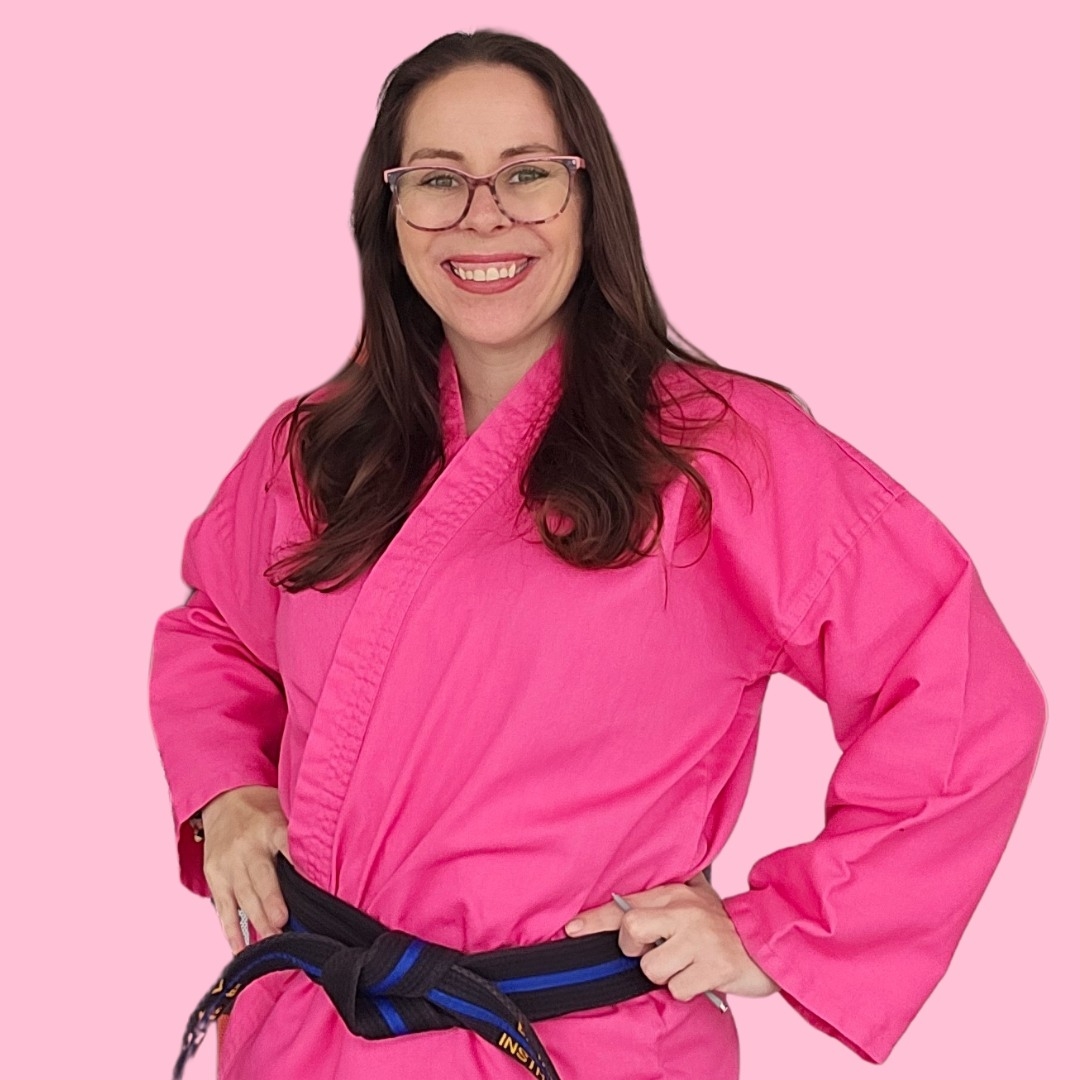
.jpg)
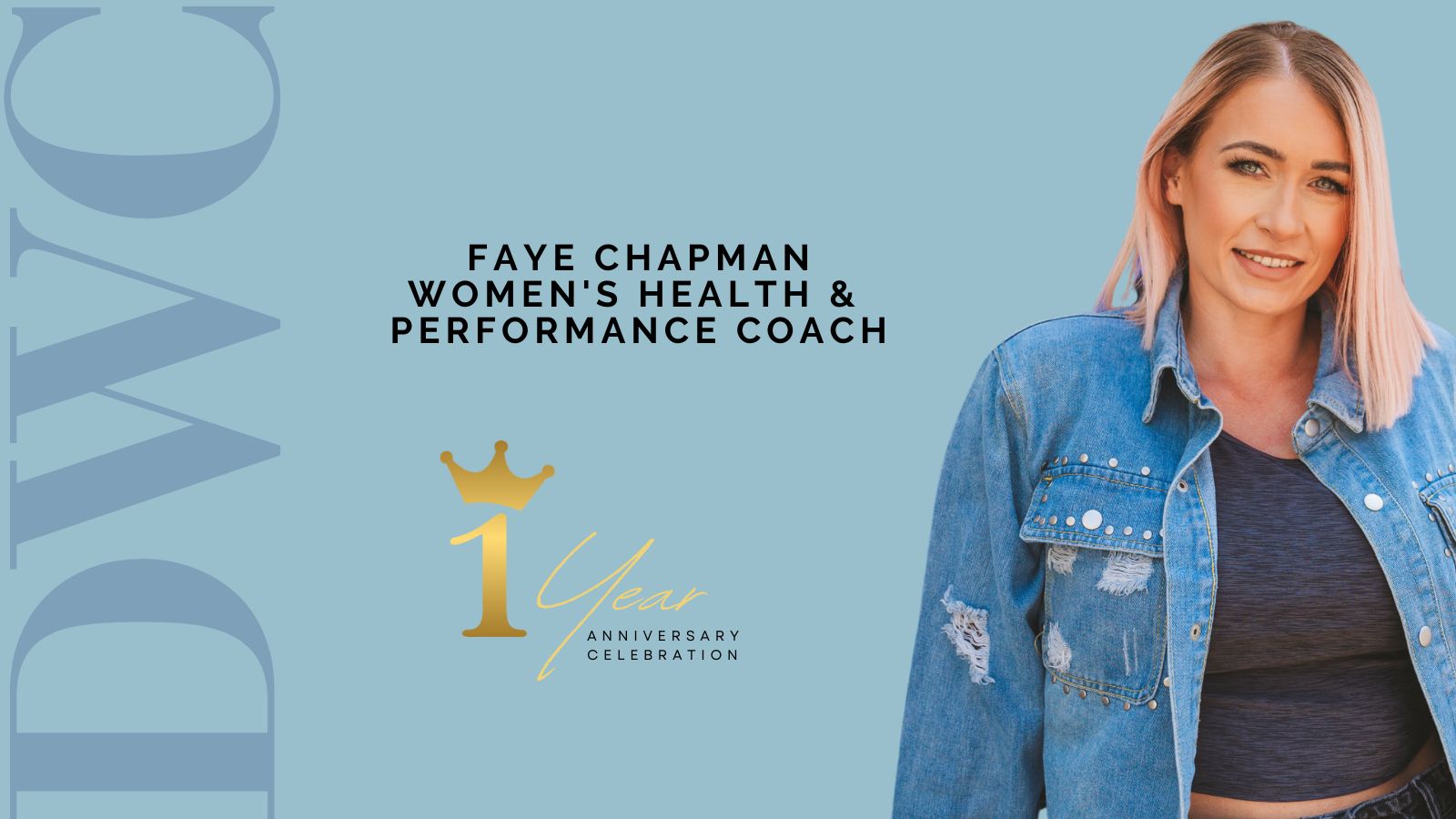





.jpg)



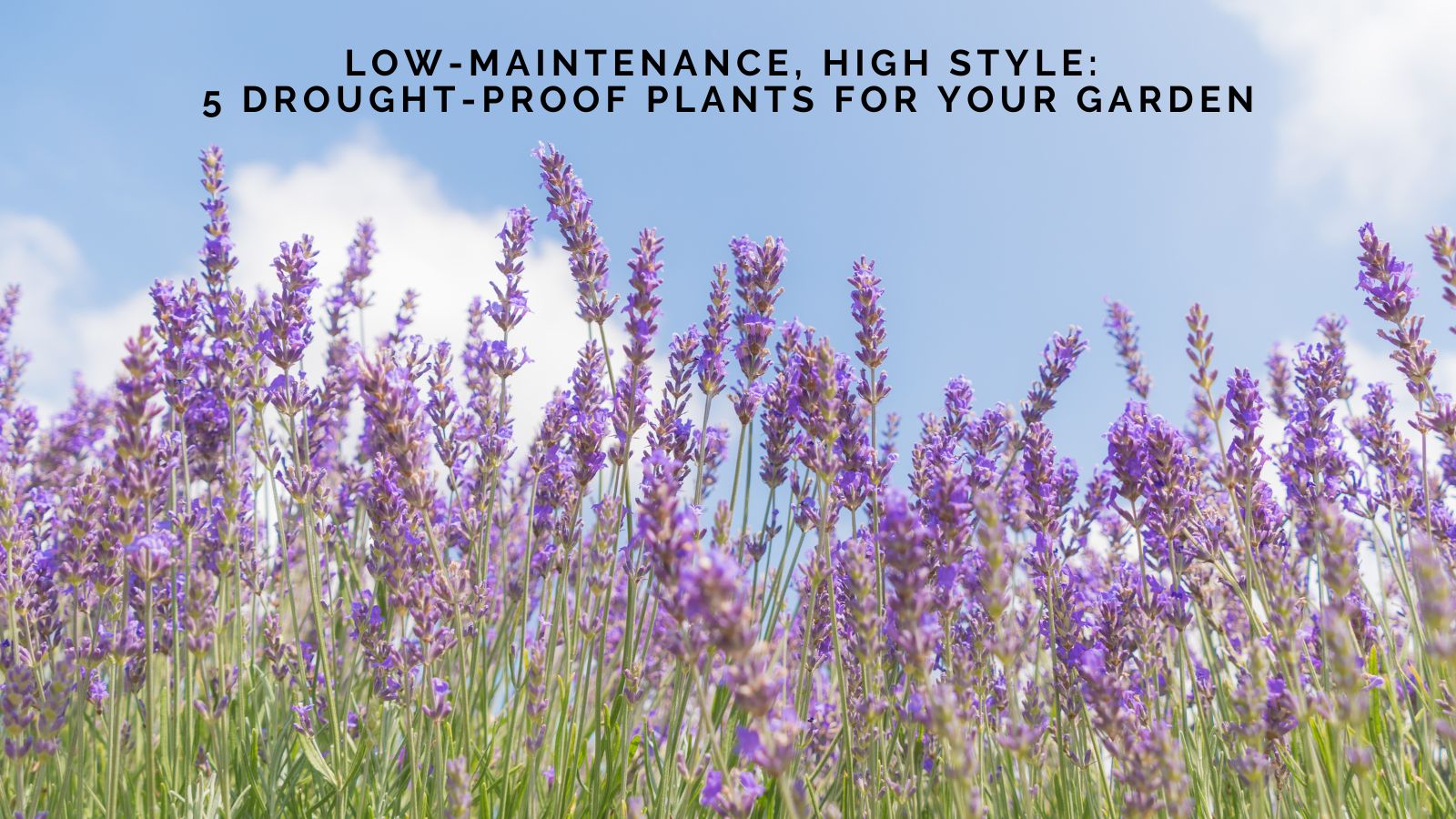

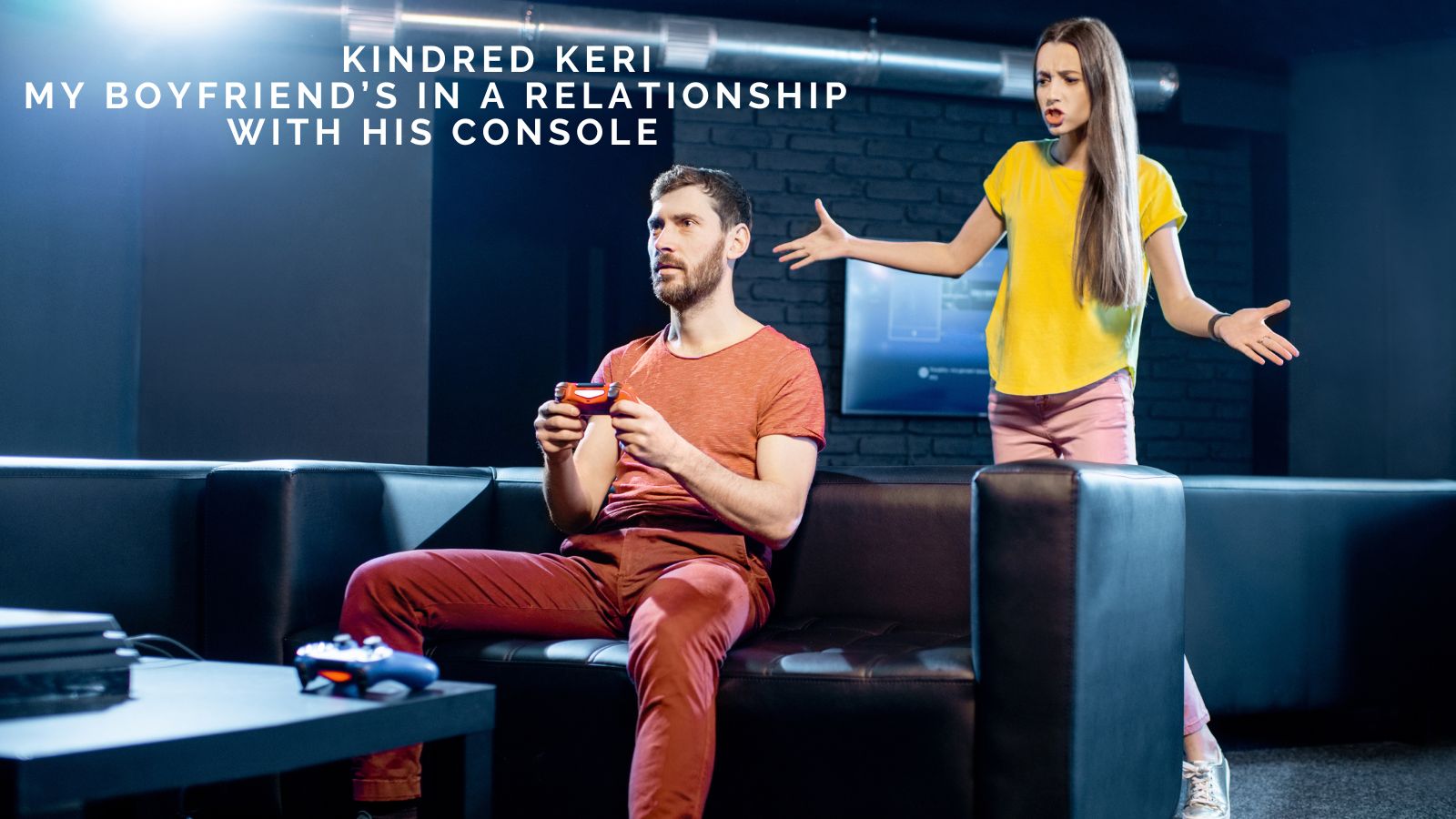

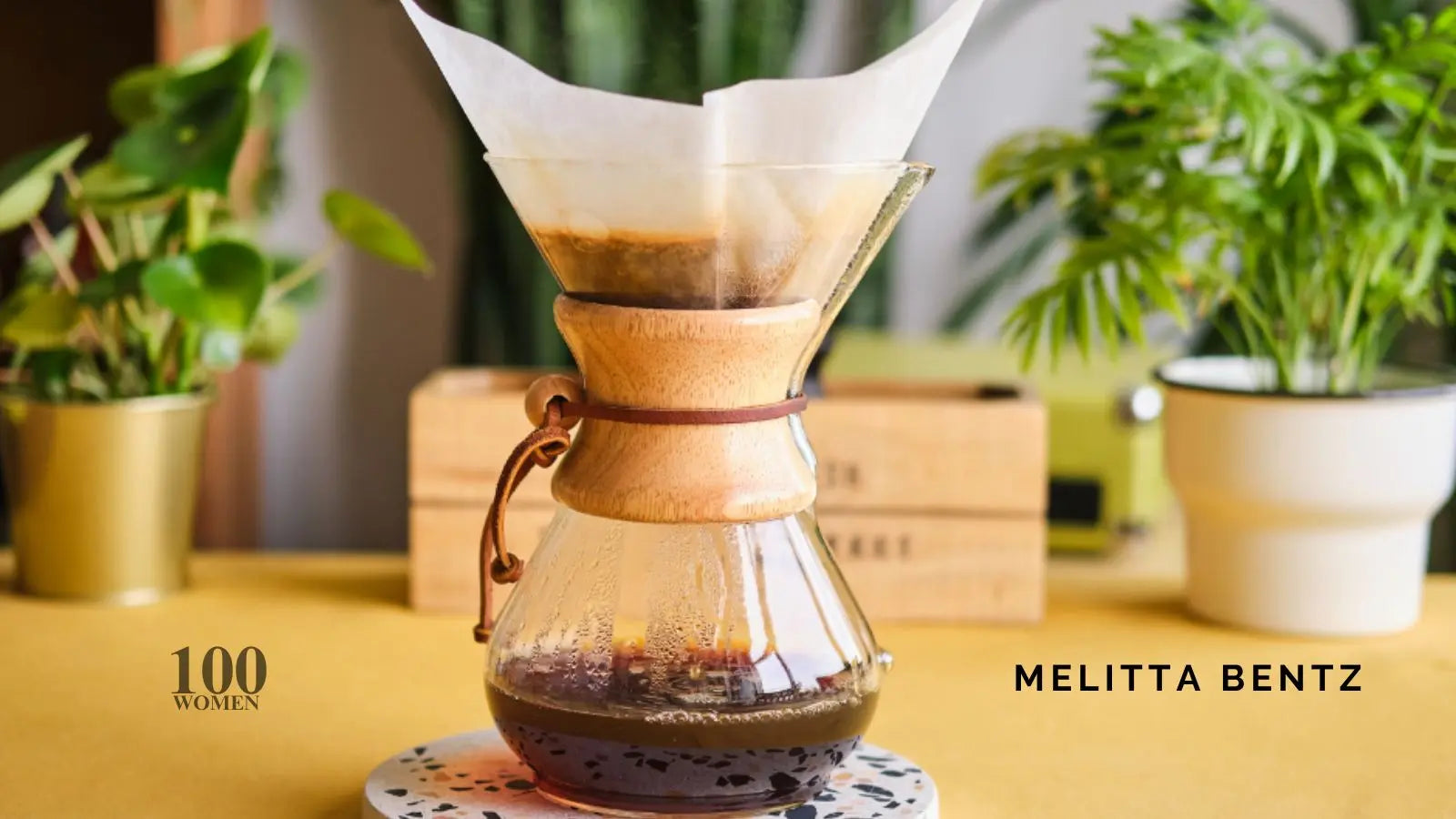
.jpg)


